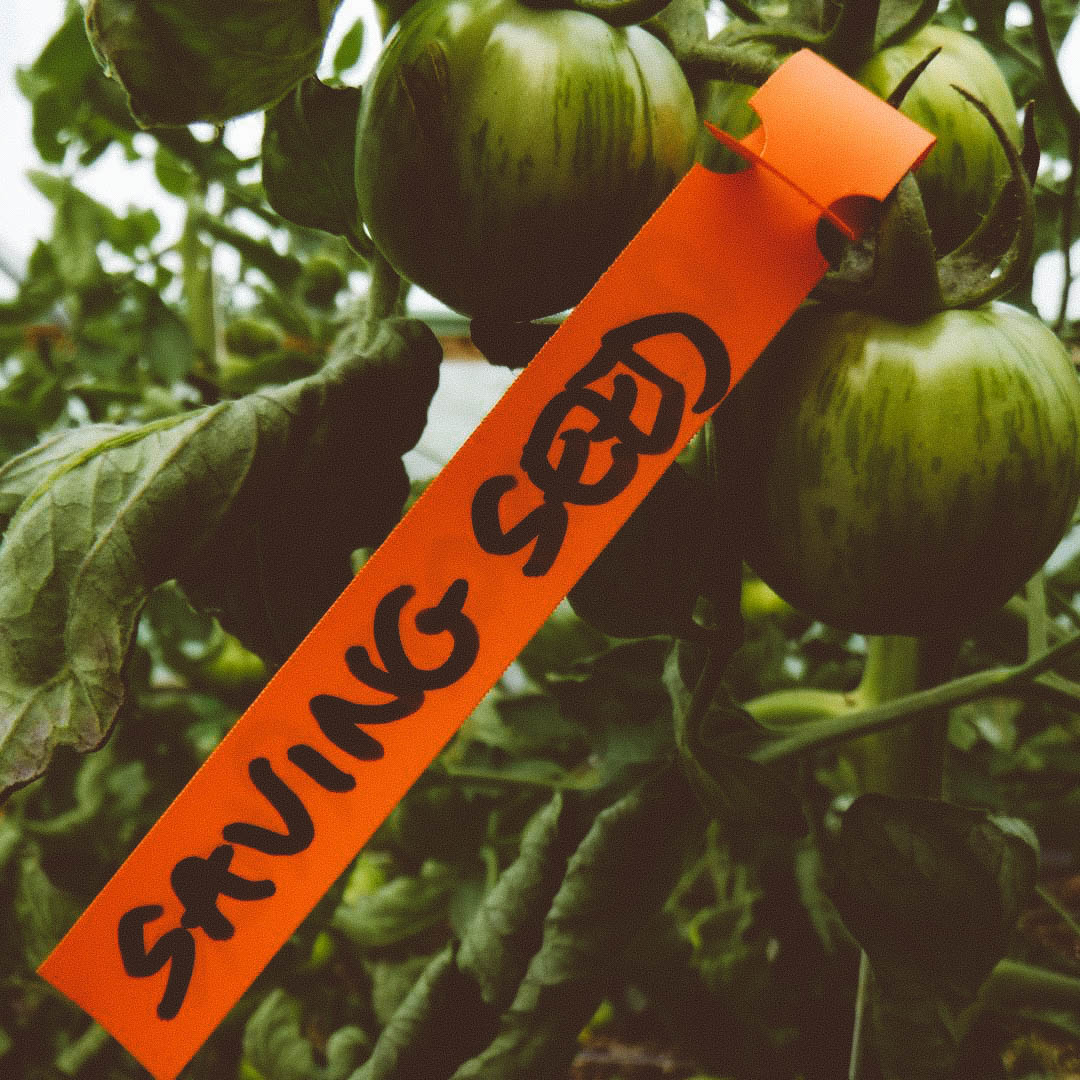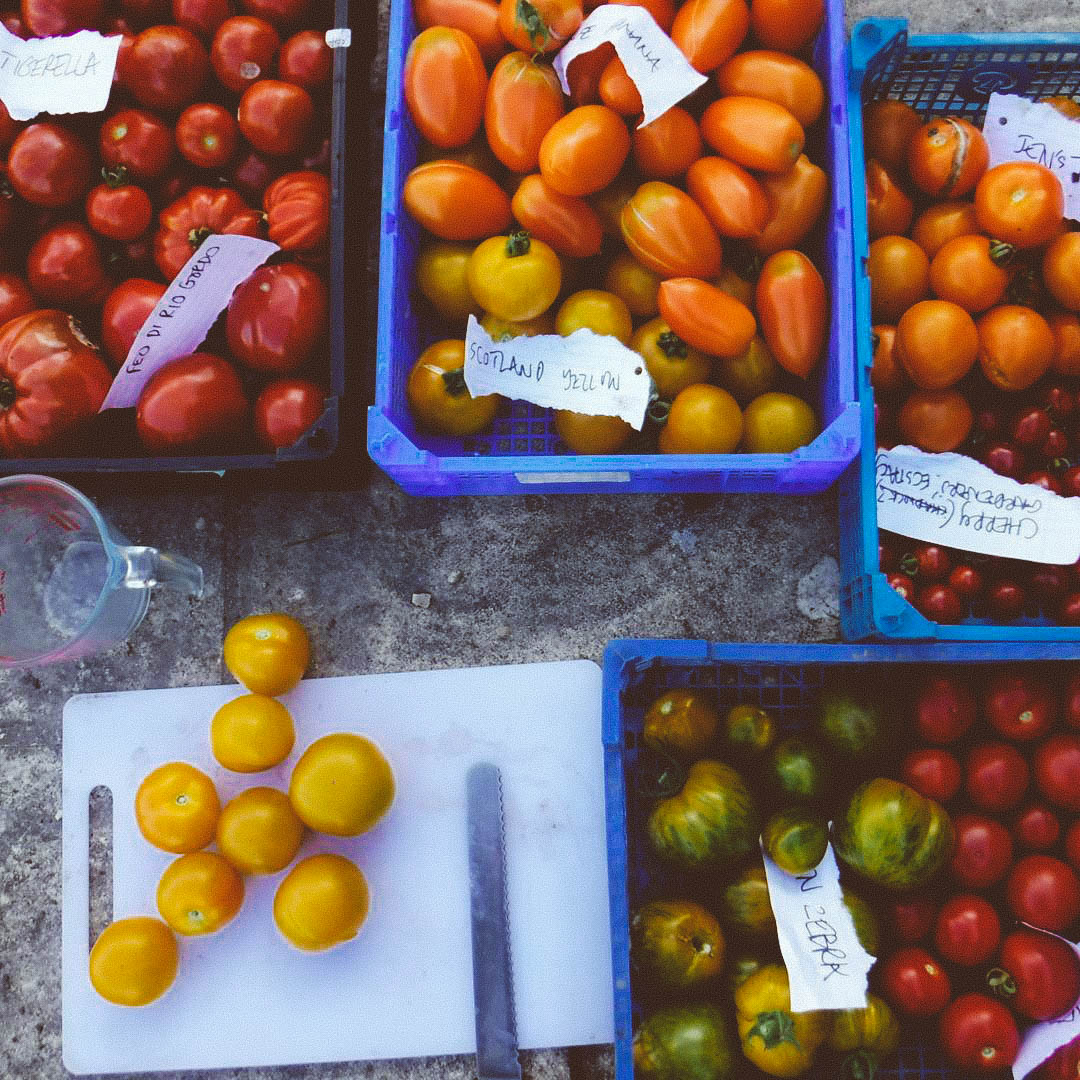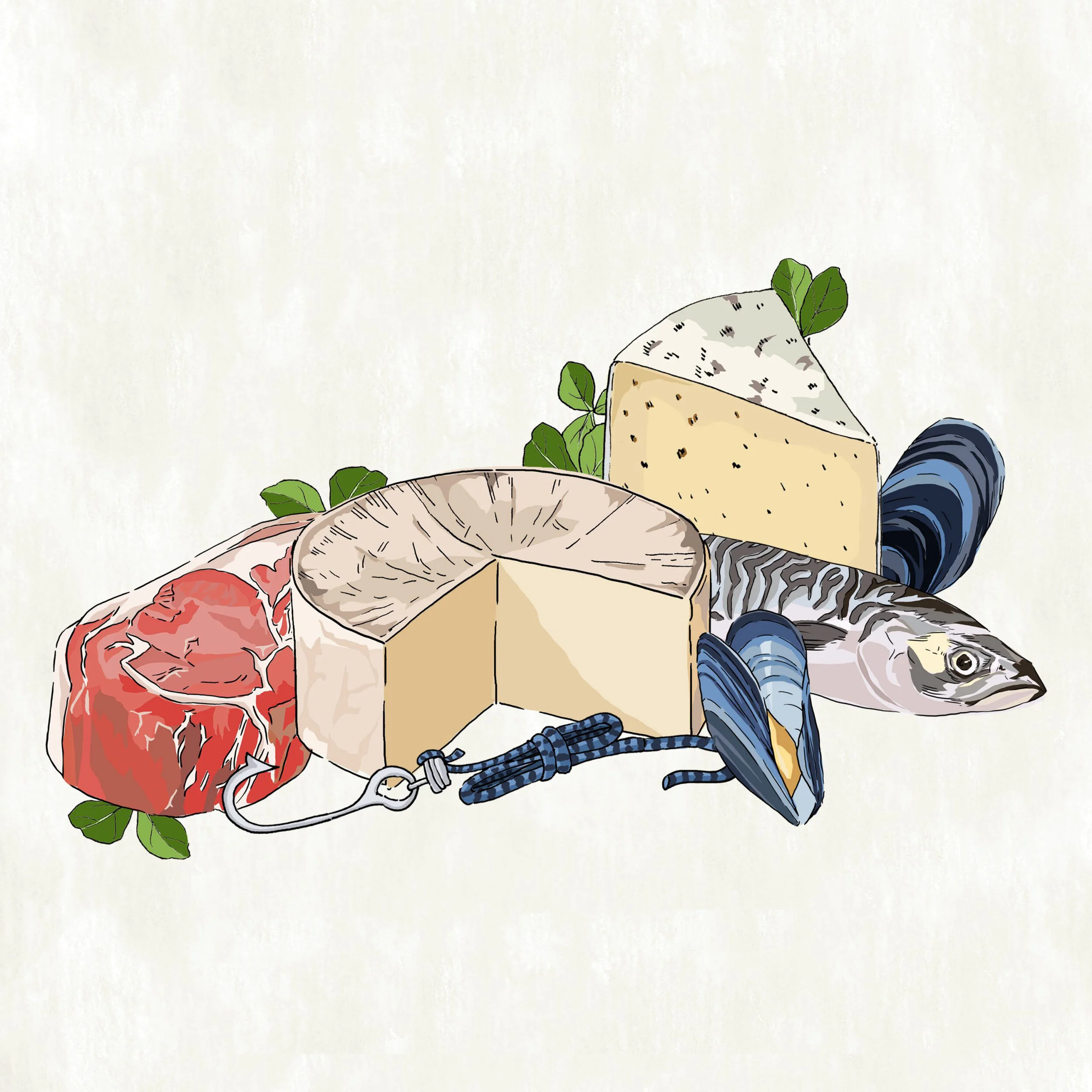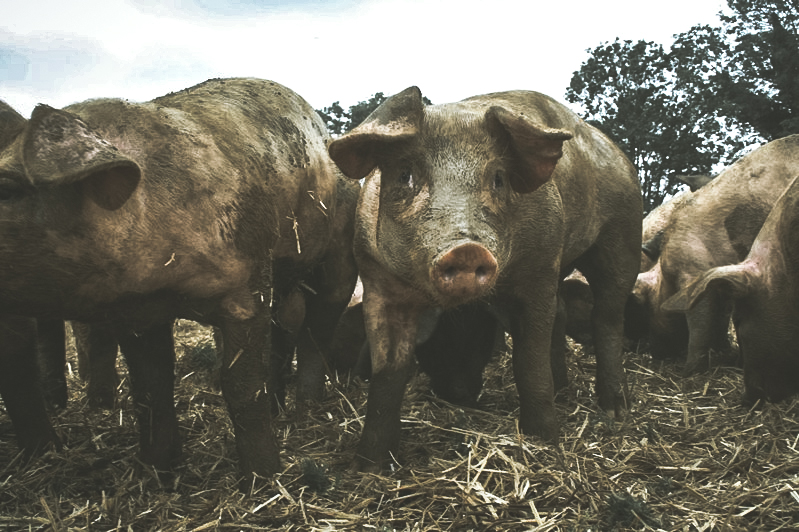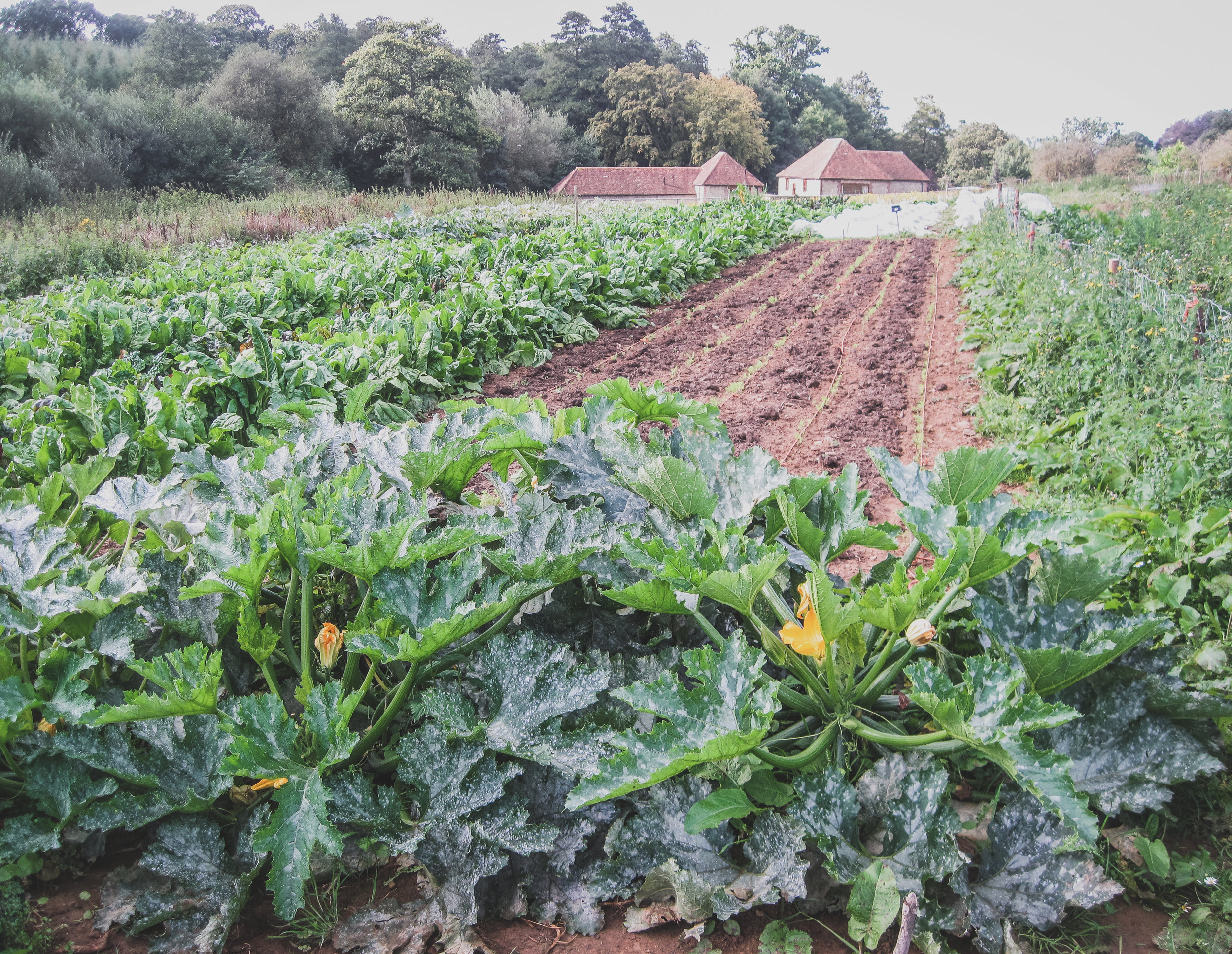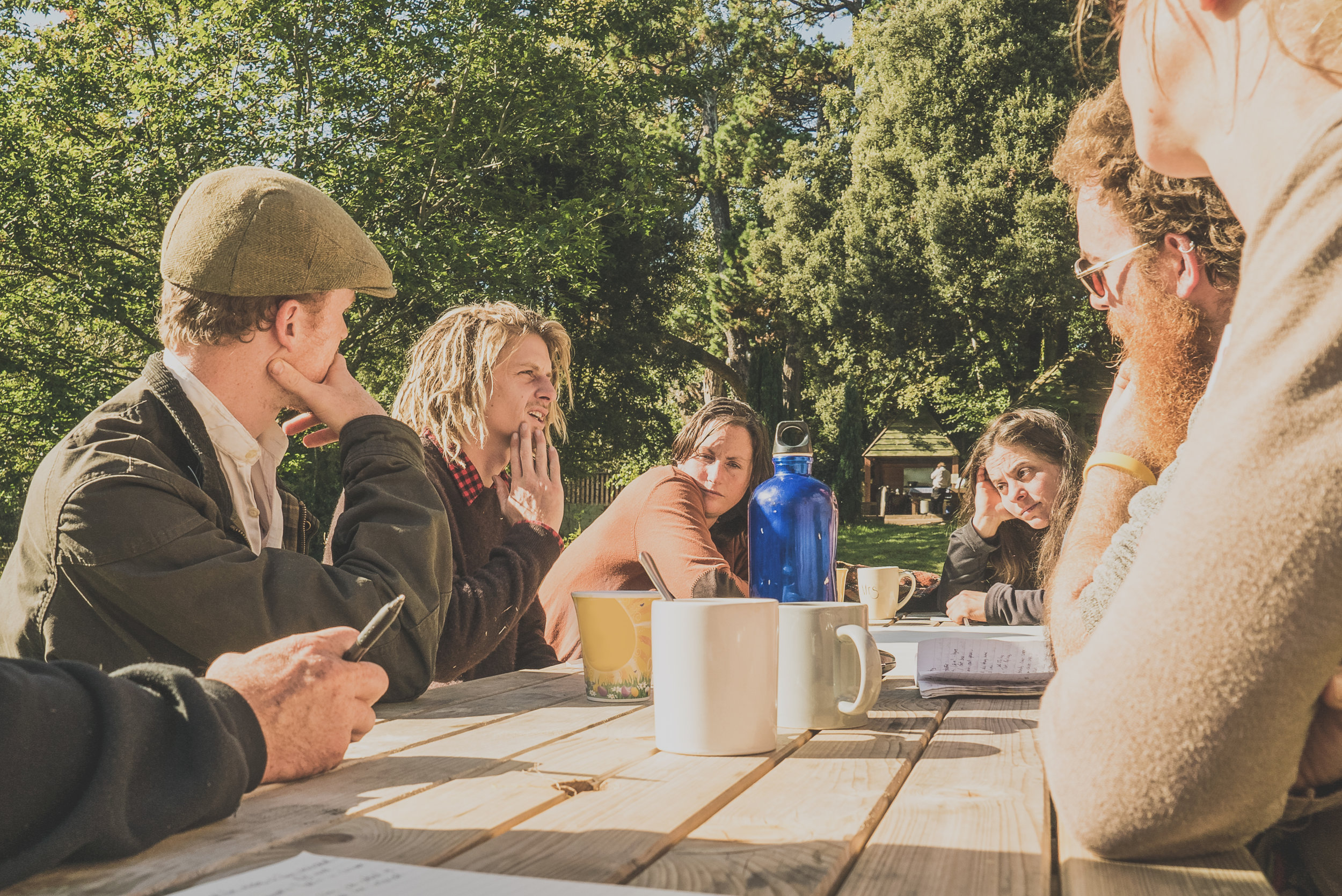Following publication, the report achieved some media coverage, including interviews with the author on Farming Today, BBC Points West (Link) and BBC Radio Somerset. At the Via Campesina global gathering in July, great excitement was expressed about the AMOS report as a valuable campaigning tool. In September, a delegation of Defra officers from the Organic Team took part in a two day study tour of small, agroecological farms in the Midlands, including three visits to holdings which took part in the study. Being able to show efficient and viable small farms in action, backed up by a detailed report about their productivity, was powerful in challenging the preconceptions held by some of the delegates. Already the report is contributing to broader dialogue about the future of agriculture and was also featured in a CPRE Food and Farming Foresight Paper, “Uncertain Harvest: does the loss of farms matter[6]?”
The scope of the project stretched far beyond the delivery of a report, however. Encouraged by the team at the CAWR, respondents for the survey were recruited in part by a series of six regional Landworkers’ Alliance meetings across England. These meetings, held in early 2015, formed the foundation for an evolving regionalisation process which is enabling far flung members of the LWA to benefit from training events, farm tours and the solidarity of regional meetings. In October 2016, people who took part in the survey and other LWA members were invited to a Skill Share day to hear about the results of the research, and take part in enterprise themed workshops to explore how they could increase productivity using agroecological ideas. The five films were premiered at the Skill Share day, which gave an opportunity for feedback and discussion and contributed to the final report. The films will now make the findings of the report accessible to a wider audience and will, we hope, encourage more people to read the report.
At a time when the future of UK agriculture hangs in the balance, the AMOS report will continue to be a valuable piece of the LWA’s campaign toolkit as we argue the case for better support for small farmers post Brexit.



